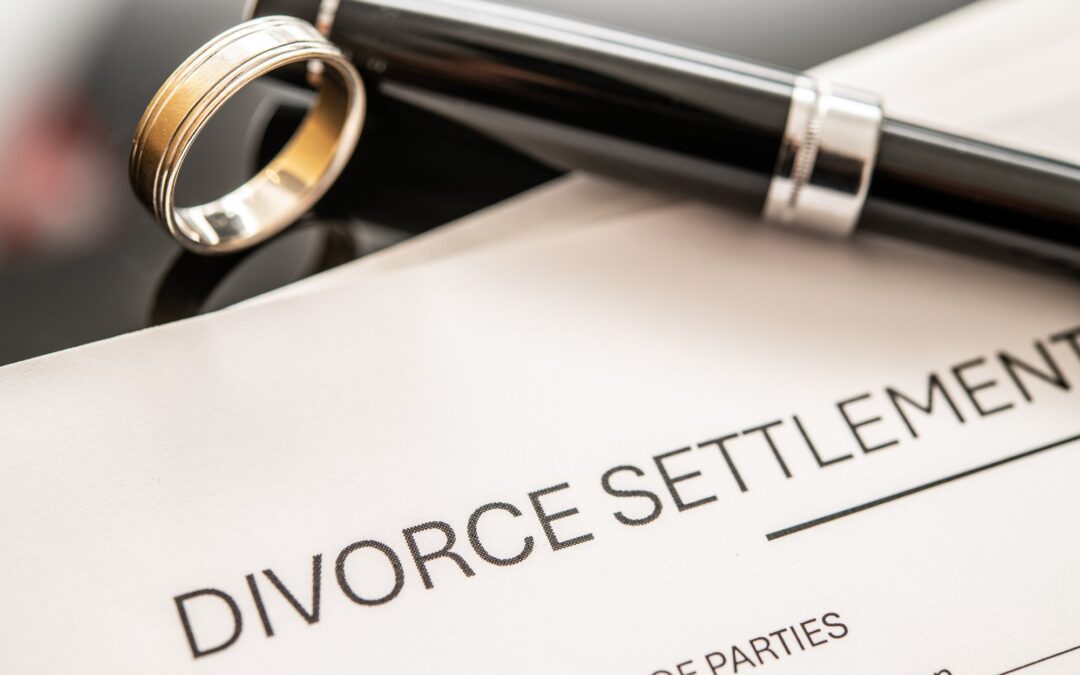When you get a divorce, all marital property is subject to equitable distribution. The court looks at various statutory factors to determine a fair way to divide both of your assets. However, before anything is split, you have to understand what assets exist and what they are worth. In many cases, it’s easy to value the property but in some cases, like certain types of retirement accounts such as pensions, it can be more complicated.
When Is Property Valued in Divorce?
Generally, marital property is valued at any time from the filing for the divorce to the date of trial. In practice, with passive assets, valuation can be set at the time a settlement agreement is executed so that any passive appreciation or depreciation can be accounted for. Passive assets are those which increase or decrease in value due to external market conditions. Common examples of passive assets include stocks, bonds and retirement accounts. The rationale for using the trial or settlement date is that it more accurately reflects the asset’s value at the time the assets will be divided. Using the divorce filing date may result in giving one party an unfair benefit/loss from a change in value when neither party did anything to cause the increase or decrease.
In contrast, active assets are those where a party is actively working the asset on a regular basis which leads to the asset’s growth or appreciation. An example would be the spouse’s business or professional practice. The rules for dividing such assets are different than for passive assets.
How Are Retirement Accounts Divided in Divorce?
Passive assets are generally divided equitably which means fair under the circumstances. Thus, a retirement account would typically be split 50-50 including appreciation. However, contributions made to the account prior to the marriage and/or after the date the divorce action is filed are considered separate property and not subject to equitable distribution. Therefore, those amounts must be backed out of the valuation of the retirement account without considering any appreciation thereto.
If, however, appreciation on the contributions made before or after filing for divorce can be determined, the appreciation of those separate funds can be subtracted as well. For example, if there was $100,000 in the account when the divorce was filed and subsequently, $25,000 was added, the $25,000 is separate property as well as any appreciation in the $25,000 that can be determined while the divorce is pending. However, it can be difficult to determine how much the separate funds have appreciated when all the money is mixed together. This is where an expert may be needed.
When Is a Valuation Expert Needed?
If there aren’t financial statements indicating what the accounts were worth at the time the divorce was filed, it may be necessary to hire an expert to value the account. Documentation is needed showing what contributions were made between the time of the divorce filing and the date of the valuation. The expert can then use this information to potentially calculate how much appreciation is due to the post-filing contributions. If this cannot be determined, then the parties may want to agree to pro-rate the amount of the contribution against the total amount in the account and then apply that percentage to calculate the appreciation. The appreciation is then also deducted from the total amount subject to equitable distribution.
Retirement accounts can be a substantial component of a couple’s assets so it is important to have legal and financial experts involved in the divorce negotiations to help ensure all property has been valued correctly and distributed fairly. If you are considering divorce, contact us to discuss how we can help protect your interests.

